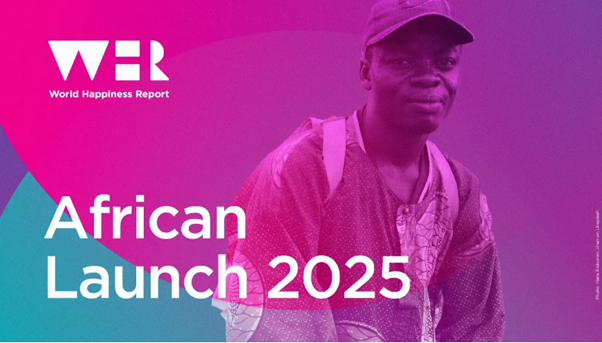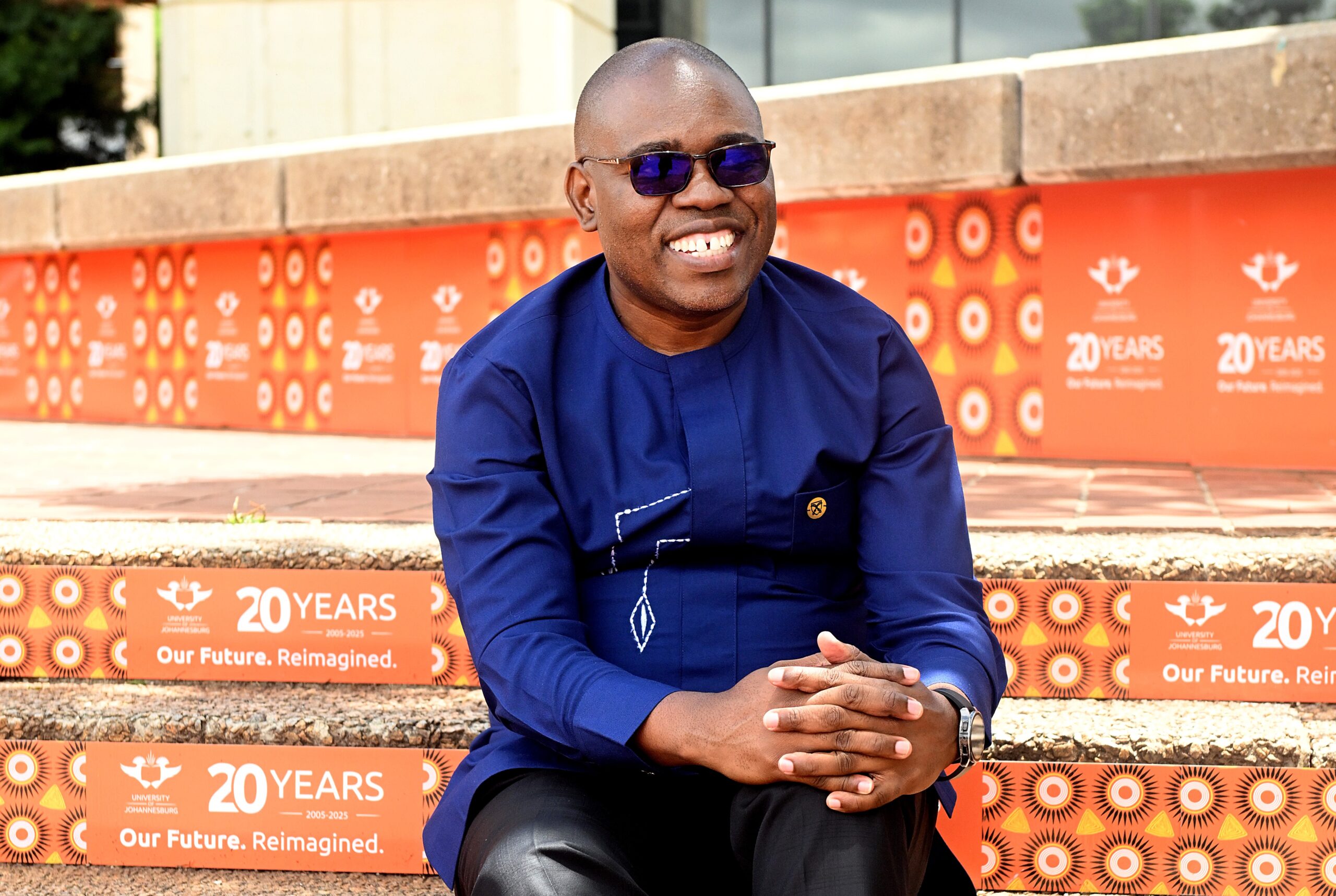‘’The board of the National Youth Development Agency (NYDA) boast no less than three UJ alumni, all of whom are dedicated to empower the youth.’’
When President Cyril Ramaphosa announced the new board of the National Youth Development Agency (NYDA) in November 2021, he said the seven appointments brought together a group of individuals with diverse expertise and experience in youth development.
Three of the board members also happen to be proud alumni of the University of Johannesburg (UJ):
- Ms Asanda Luwaca, the first woman appointed as Executive Chairperson of the NYDA Board, attained an honours degree in politics in 2021 and a BA in politics in 2013, both at UJ.
- Ms Lebogang Mulaisi, head of Cosatu’s Policy Unit, a PhD candidate in economics at UJ and an author, attained a UJ master’s degree in economics in 2018.
- The third UJ alumnus on the board is Mr Avela Mjadjubana, Deputy Director of Community Outreach at the Department of Water and Sanitation. He holds a BA honours degree in public management and governance from UJ (2021) and an Advanced Certificate in Municipal Management and Governance (2018).

The NYDA was established by an Act of Parliament (Act 54 of 2008) primarily to address challenges faced by the nation’s youth.
The strategy of the NYDA can be summarised as follows:
- Economic development through youth entrepreneurship
- Decent employment through jobs programme
- Social cohesion and pathway for economic emancipation through national youth service
- Monitoring and evaluation of the integrated youth development strategy.
President Ramaphosa said during the announcement of the new board that he views the NYDA as a vital partner in implementing the Presidential Youth Empowerment Intervention and ensuring that young people are prioritised as part of the Presidential Employment Stimulus.
A passion for empowering the youth
Asanda, Lebogang and Avela are passionate about empowering the youth. Asanda says her passion for youth development stems from the rich and profound history of our country and the African continent. “One of the most striking features of African polity in the pre-liberation struggle was the ability of young people and youth formations to reshape the methods of struggle against oppressive regimes radically. Growing up to such stories sparked a keen interest in youth activism,” she says.
She became involved in political activism when she and like-minded youth in her community started impact-driven programmes targeting the youth of Dawn Park in Ekurhuleni. A range of youth development programmes was hosted, from career expos to sporting tournaments.
In 2015 Asanda became part of the #FeesMustFall movement that swept across institutions of higher learning. She was invited to become a contributing author on a book where she contributed a chapter titled: “The shared lesson of our liberation history: Placing the Youth Congress League in the struggle for #FeesMustFall in South Africa”.
Lebogang’s passion for young people stems from her being a young person herself. “Most of the challenges that young people experience I have also experienced, from a lack of career guidance in high school to financial exclusion in university and graduate unemployment. I became involved with young people at church through youth ministry, where I would be one of the leaders organising programmes for young people. Later in life, as a young worker, I became interested in being a voice for young workers who are easily exploited in the workplace as cheap labour, she explains.
Avela also has a solid youth-related background. He served as national president of SASCO, the most prominent student organisation in Africa, active on the campuses of South African universities and technical and vocational education and training (TVET) colleges.
Vision
The experiences in their youth shaped their vision for the youth they serve as NYDA board members. Asanda wants to instil in young people courage and sheer determination to re-engineer whatever they want for themselves, without any hindrances from society in dictating how they ought to comply and conform to the status quo.
She emphasises that the youth are not homogenous. “Failing to understand our complexities would be a disservice. We work quite intricately with youth from rural and urban areas, youth from the LGBTQIA plus community, youth living with disabilities, and young women, to name a few. I am in a position to help and encourage all these cohorts of youth to break barriers and challenge societal norms.
Lebogang works to give young people access to information and exposure to opportunities for further education, business opportunities or opportunities for employment. “A South Africa where the possibilities are endless and the invisible and visible barriers are eradicated,” she says.
The NYDA act recognises the heroic struggles of generations of the youth to bring about freedom and democracy in South Africa, the centrality of the youth in the reconstruction and development of South Africa, and the responsibility of the government to take reasonable measures to achieve progressive development of South Africa’s youth. This mandate has aligned very well with her vision for the youth, Lebogang explains.
Avela wants to see equal access to quality education to unlock economic opportunities for the youth. “Young people should expect a dynamic, committed and dedicated leadership from the NYDA board. We will ensure that we touch every young person’s life, particularly the poor and working-class youth,” he adds.
UJ shines bright
UJ played a huge role in preparing them for later life and making their ambitions a reality, say Asanda and Lebogang. “The years spent at UJ count among my best. Having received my qualification from an institution in the centre of a cosmopolitan city like Johannesburg exposed me to constant learning, unlearning and relearning life’s fundamentals. UJ helped shape my love for knowledge and the continuous, progressive pursuit of it, says Asanda.
Lebogang concurs. “Studying at UJ has been my best experience. I am still a student at the university, working towards my PhD. At UJ, the lecturers are invested in the success of their students. I have seen this in the lecturers that have taught me. I have seen them give their time over and above the call of duty.”
The shape of success
Asanda, who describes herself as an extreme introvert, thoroughly enjoys being in her own space despite spending half the time of her current role on public platforms. “I realised over the years that my drive has shifted with the changing dynamics and developments of my life. What used to be my driving force five years ago, for instance, is less of a factor now. Today, my inspiration for the work that I do is my 16-month-old son. Being a mother has constantly pushed me to want to strive for greater heights, with an even deeper and profound appreciation that all that we do now will either add value or be to the detriment of youth.
To find success in life, Lebogang believes it is important to dream. “There is something about being able to picture yourself in a position or occupying a space. I also learned that consistency is vital – life has its ups and downs, but your ability to show up consistently is usually what makes you successful.



